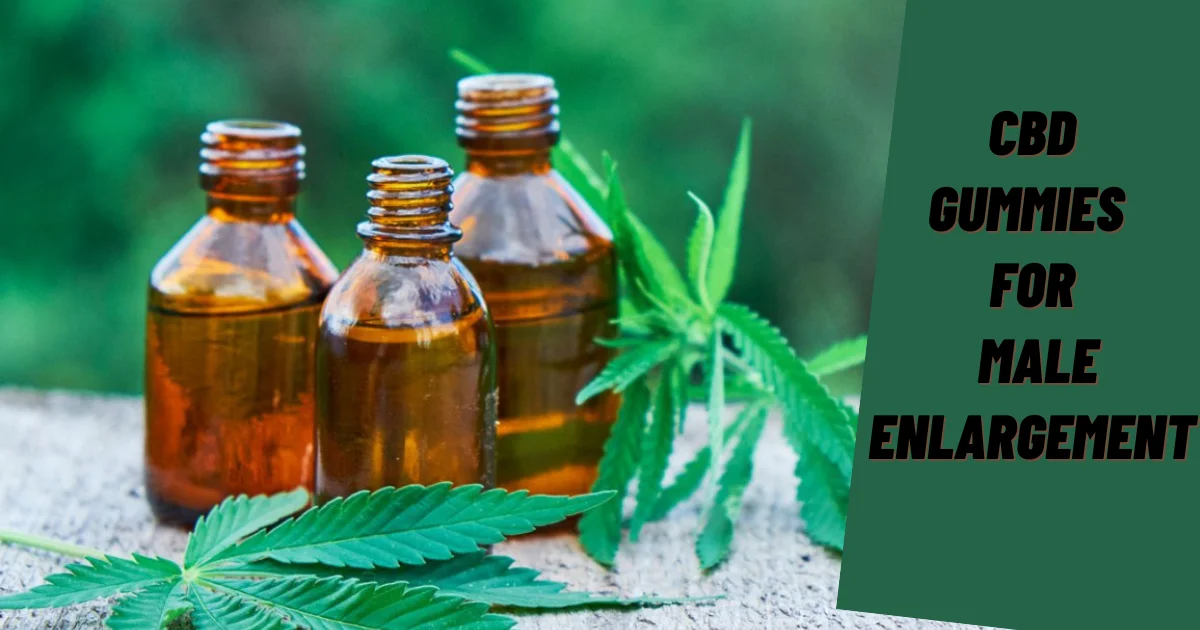In the bustling world of wellness trends, CBD gummies have emerged as a delightful and easy way to experience the potential health benefits of CBD. But, amidst their popularity, a pressing question arises: Can these sweet treats cause digestive issues, such as diarrhea? This guide dives deep into the heart of the matter, exploring the link between CBD gummies and your digestive health. With a focus on clarity and credibility, we’ll unpack the facts, debunk myths, and provide you with the information you need to enjoy CBD gummies without worry. Get ready to embark on a journey of discovery that prioritizes your well-being and satisfaction.
What are CBD Gummies?

CBD gummies are sweet, chewable treats infused with cannabidiol (CBD). Makers mix CBD oil with gummy ingredients to create them. This process ensures each gummy contains a precise dose of CBD.
Types of CBD in Gummies
There are three main types: isolate, full-spectrum, and broad-spectrum. Isolate contains pure CBD. Full-spectrum includes all hemp plant compounds, THC included. Broad-spectrum has all but THC. Each type offers different effects.
Benefits of CBD Gummies
These gummies boast several health benefits. Users report relief from anxiety, pain, and sleep issues. They are also easy to use. Each gummy offers a fixed dose, making dosage control simple.
Legal Status and Regulation
The legality of CBD products varies. In many places, CBD is legal if it has low THC levels. Always check local laws. Choosing products from reputable sources is crucial. Look for products with clear labels and lab tests.
CBD and Digestive Health
The digestive system is complex, processing nutrients and defending against pathogens. CBD interacts with this system, potentially offering benefits. Understanding this interaction requires a look at the body’s endocannabinoid system (ECS).
The Endocannabinoid System (ECS) and Digestion
The ECS plays a key role in gastrointestinal function. It helps regulate appetite, digestion, and inflammation. The ECS has receptors throughout the digestive tract. CBD can influence these receptors, affecting gut health.
Can CBD Affect Digestive Health?
Research on CBD’s impact on the digestive system is growing. Studies suggest CBD may help reduce inflammation and pain in the digestive tract. However, its effects can vary. In some cases, it might lead to digestive upset, including diarrhea. This outcome often depends on the dosage and the individual’s response to CBD.
The Link Between CBD Gummies and Diarrhea
CBD gummies contain several ingredients besides CBD. Some of these ingredients, like sugar alcohols, can cause diarrhea in some people. The effect often depends on the amount consumed and individual sensitivity.
Analysis of Ingredients in CBD Gummies
CBD gummies are made with various ingredients, including flavorings and preservatives. Ingredients like sorbitol, a common sugar substitute, can trigger digestive issues. Knowing what’s in your gummies helps avoid unwanted effects.
Discussion on the Role of Dosage and Individual Sensitivity
The amount of CBD gummies you consume matters. High doses can increase the likelihood of experiencing diarrhea. Individual responses to CBD also vary, making it important to start with a small dose and adjust as needed.
User Testimonials and Studies
Many users share their experiences with CBD gummies online. While some report digestive upset, others find them helpful. Scientific research is ongoing, but some studies indicate potential for digestive side effects.
Addressing Common Concerns
Additives and sugar substitutes in CBD gummies can lead to concerns. It’s also important to consider how underlying health conditions might interact with CBD. Choosing gummies with minimal additives and consulting with a healthcare provider can help mitigate risks.
Proper Dosage Guidelines
Starting with a low dose of CBD gummies is key. Gradually increase the amount as your body adapts. This approach helps identify the right dose that offers benefits without causing digestive issues. Reading labels is crucial. Understand the CBD concentration in each gummy to manage your intake accurately.
Choosing the Right Product
Selecting high-quality CBD gummies can make a difference. Look for products with natural ingredients and without high fructose corn syrup or a long list of artificial additives. These substances can contribute to digestive upset. Transparency about sourcing and lab testing is a good sign of a reputable product.
When to Consult a Healthcare Provider
If you notice digestive changes while taking CBD gummies, it’s wise to consult a healthcare provider. This is especially important for those with pre-existing digestive conditions. A healthcare provider can offer personalized advice and ensure that CBD gummies won’t interfere with your health or any medications you’re taking.
Other CBD Products and Their Digestive Impact
CBD oils, capsules, and topicals offer different ways to use CBD. Oils allow for dosage control and can be taken sublingually for fast absorption. Capsules provide convenience and precise dosing but pass through the digestive system, similar to gummies. Topicals are applied to the skin and don’t impact the digestive system, making them a safe choice for those concerned about digestive health.
Non-CBD Alternatives for Digestive Health
For those looking beyond CBD for digestive health, probiotics, herbal remedies, and dietary changes are beneficial. Probiotics help balance gut flora, supporting a healthy digestive system. Herbal remedies, like ginger and peppermint, can soothe digestive discomfort. Making dietary changes, such as increasing fiber intake and reducing processed foods, also promotes digestive well-being.
Bottom Line
While CBD gummies offer a convenient and enjoyable way to consume CBD, it’s important to consider the possibility that they can cause diarrhea for some people. By understanding the ingredients, choosing quality products, starting with low doses, and consulting healthcare providers, individuals can minimize the risk of digestive issues. For those concerned about digestive health, exploring other CBD products or non-CBD alternatives can also provide beneficial options.






